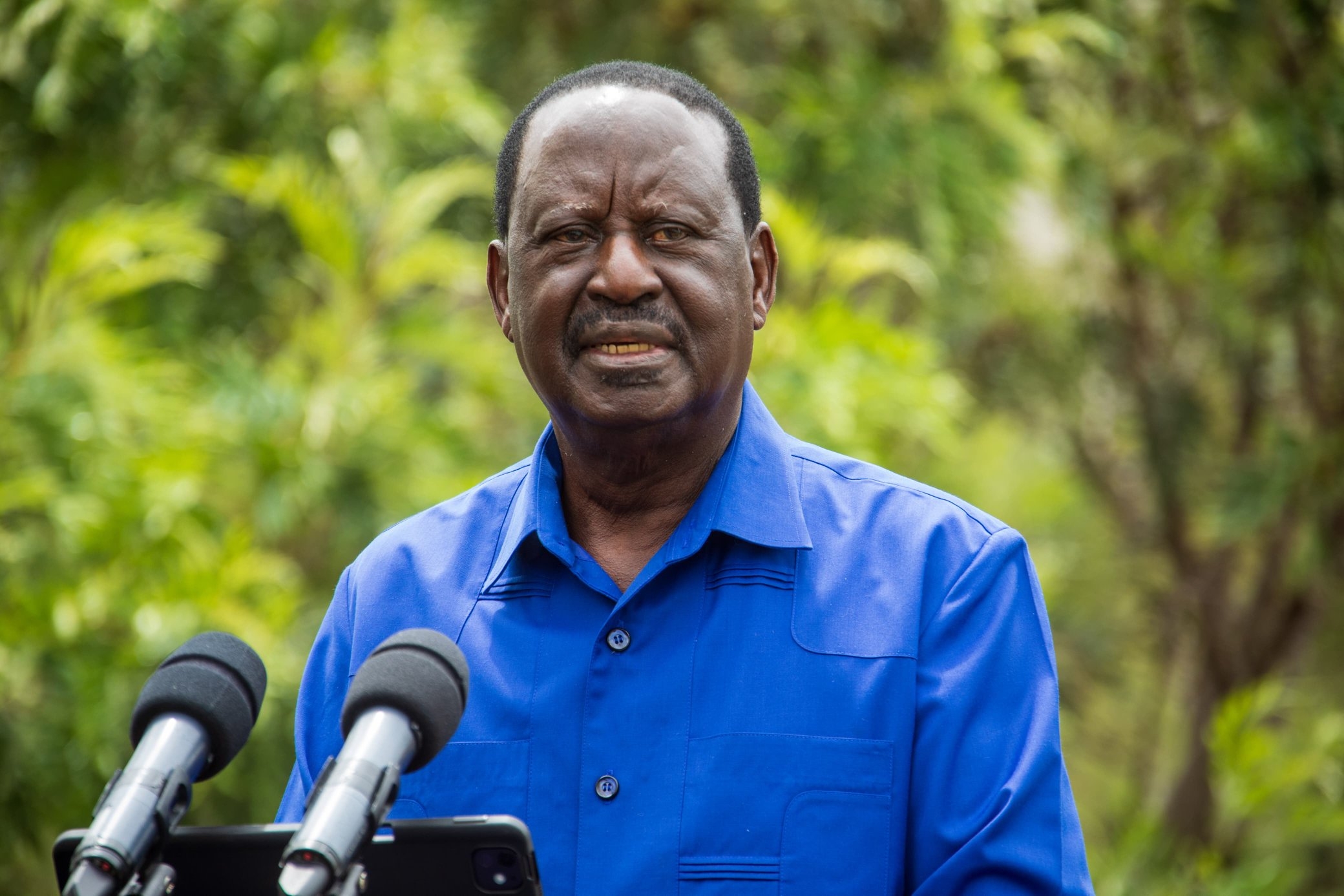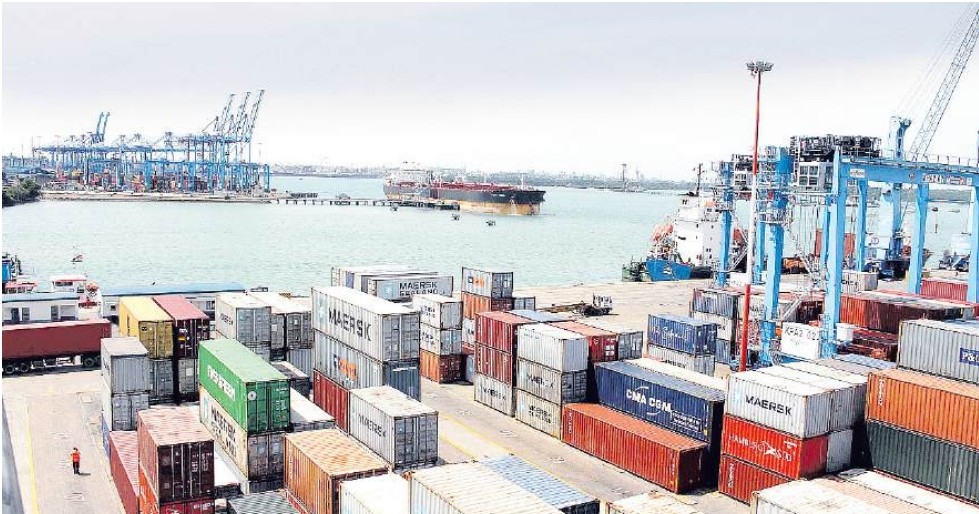A call has been made to innovate in agri-tech solutions and utilise green technology to ensure sustainable development in the face of the climate crisis.
In her keynote address at the Summit of the Future 2024 on the sidelines of UNGA79, Kenya Deputy Ambassador to China Lynette Mwende said precision agriculture, drowns and Internet of Things can improve the crop yields and reduce wastage in helping achieve food security and ending hunger envisioned by SDG 2: 'Zero Hunger".
“As state and non-state actors ... let’s invest in technology through innovation hubs at the rural and local communities, as this is where we will start incubators and nurture the green startups,” Amb Mwende said in New York.
Mwende said there is a need to create projects for young entrepreneurs to set up solar farms and small wind farms to provide energy to local communities and businesses and reduce dependence on fossil fuels.
“Why can’t we form the green cooperatives to pull resources for renewable energy projects that can create jobs for the youth and promote energy independence?” she posed, as she encouraged investing in youth-centric food systems and climate policies while enhancing access to resources and funding to young farmers, accelerating agro-industrial development and value chain integration.
She called for the establishment of an infrastructure that creates spaces for young entrepreneurs to collaborate on sustainable business ideas that can foster innovation and local economic growth.
Elizabeth Wathuti, a climate activist and founder of the Green Generation Initiative, told the Star that Kenya is in a prime position to leverage on digital technologies to significantly reduce emissions, particularly through the rapid scaling of renewable and clean energy solutions.
“Africa is known for its abundant solar, wind, and geothermal potential, and Kenya can become a leader in tapping into these resources with digital innovations that enhance efficiency and energy distribution because we must first address energy poverty,” Wathuti said.
She added that digital tools can play a crucial role in building climate resilience in the local communities at the grassroots, helping people better understand, prepare, and adapt to climate impacts such as extreme floods and drought.
“With a young, tech-savvy population, we have the potential to drive innovation and create localised, sustainable solutions for the energy, materials, and mobility sectors, and youth have the potential to also market, decentralize these technologies, and increase market adoption and consumption. This is where we need to and must invest,” she said.
The World Economic Forum says digital technologies could reduce emissions by 20 per cent by 2050 in the three hard-to-abate sectors: energy, materials, and mobility.
“Digital technologies and business models are readily available levers for companies to accelerate their climate and energy transitions. Technology can bring transparency, efficiency, and circularity to business processes and value chains.
“Shared learning and action by industry leaders and climate coalitions will be key to realising the benefits of technology at scale while keeping its carbon footprint low,” World Economic Forum Head of Platform Strategy and Digital Economy Manju George said in Davos in May 2022.
According to Amb Mwende, evidence-based data shows most of the youth are in very remote areas with little to no access to technology.
In this regard, she called for the designing of “the much-needed interventions” to increase access to technology so that youths can leverage on AI and green technologies to create businesses in the rural areas and drive local economic growth.
“As policy developers, we should continually monitor and evaluate how effective our education systems and institutions are in this global era so that they can prepare youths for careers in green industries and sustainable development,” Mwende said.












![[PHOTOS] Ruto present as NIS boss Noordin Haji's son weds](/_next/image?url=https%3A%2F%2Fcdn.radioafrica.digital%2Fimage%2F2025%2F11%2Ff8833a6a-7b6b-4e15-b378-8624f16917f0.jpg&w=3840&q=100)




